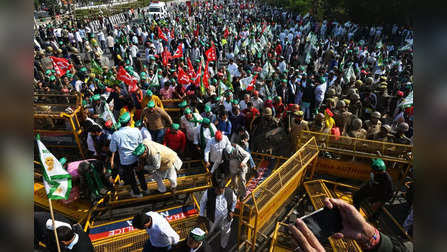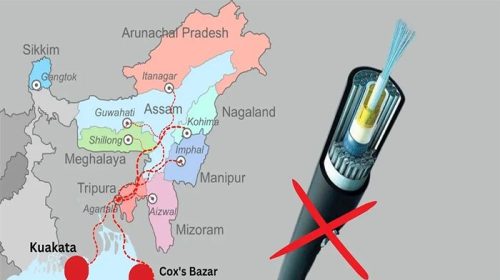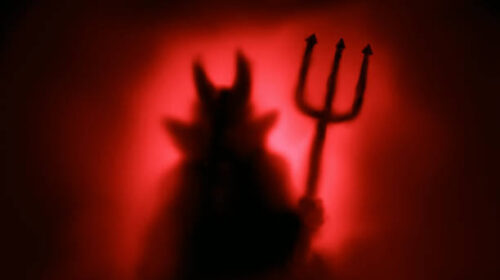The fast has to be completed by fulfilling certain conditions and conditions. If these conditions and prohibitions are not met, the fast is broken and it is considered void.
It is a grave sin for a person to break the fast for any reason without the permission of the Shariah. Even if there is a provision in Islamic law for breaking the fast, it is not possible to get 100% compensation. Abu Hurairah (may Allah be pleased with him) said that the Messenger of Allah (may peace be upon him) said, ‘Whoever breaks a fast in the month of Ramadan without any reason or without any disease, he will not be compensated even with the fast of his whole life. Although he fasts for the rest of his life. (Sunan Tirmidhi, Hadith: 623)
Reasons for breaking the fast in the Qur’an: The Qur’an declares that fasting must be observed and its breaking, ‘On the night of fasting, sexual intercourse has been made lawful for you. They are your garments and you are their garments. GOD knows that you have wronged yourselves. Then He forgave you and forgave you your sins. So join them and seek what Allah has ordained for you. And eat and drink until the black line of the night and the white line of the dawn are clearly visible to you. Then complete the fast till night comes. ‘ (Surat al-Baqara, Ayat: 18)
In the above verse, Allah says to abstain from fasting for three things: a. Wife-orgasm, b. Eating, c. Drinking. So, if a person engages in sexual intercourse and eating and drinking, his fast will be broken. Scholars also agree that fasting is broken because of menstruation or menstruation in women. Revenge for breaking the fast: There are two types of reasons for breaking the fast.
One. Due to which the fast is broken and both qaza and kaffarah (compensation) have to be paid as compensation. That is sexual intercourse and intentional eating and drinking. If a person wishes to have sexual intercourse with his wife during the month of Ramadan or to eat and drink, his fast will be broken. In retaliation, the person has to perform the qaza and kaffara of the fast. However, like Imam Shafi’i and Ahmad (Rah.) It is said that if someone plays something on purpose, he will only do Qaza. You do not have to pay the atonement. According to them, the expiation of Ramadan is obligatory only because of sexual intercourse.
Note that drugs and smoking are included in the diet and any type of voluntary ejaculation is included in intercourse. If a husband forces his wife to have sexual intercourse, then the wife will only make up the fast and make both the expiation for the husband.
Two. The reasons for breaking the fast are to perform kaza only as a remedy, not to pay kaffara. Some of the reasons are 71. Intentionally vomiting, II. After vomiting most of the mouth swallowed, 3. Menstruation after menstruation and childbirth in girls, 4. If you leave Islam, 5. Glucose or tonic injection or saline, 6. If water enters the throat reluctantly while cooling, 6. If drugs or anything else enters the body through the urinary tract, 6. If someone forcibly eats something while fasting, 9. If you eat and drink after Subeh Sadiq thinks that there is night left, 10. Iftar if it is time to think before sunset, 11. If you vomit with full mouth, 12. Eating something by mistake, thinking that the fast is broken and playing something more intentionally, 13. If you eat it after falling in the rain water, 14. If the drug is inserted through the ear or nose, 15. If you eat something out of the gap between the teeth with the tongue, 16. If you swallow it intentionally after vomiting a little, 16. When water is lost inside the ajute coolie or nose while remembering the fast. (Fatawa Shami and Fatawa Alamgiri)
What is the kaza and kaffara of roza? : The function of fasting is to break the fast or to break the fast only to perform the fast. Not realizing anything extra. On the other hand, the expiation of the rosary is to collect additional compensation as compensation. Regarding the expiation of Ramadan, Abu Hurairah (may Allah be pleased with him) said: We were sitting with the Messenger of Allah (may peace be upon him). At that time a man came and said, O Messenger of Allah, I am destroyed. The Prophet (peace be upon him) said, what happened to you? He said, “I met my wife while she was fasting.” The Prophet (peace and blessings of Allaah be upon him) said, ‘Can you free a slave to be set free?’ He said no. He said, “Can you fast for two months at a time?” He said no. Then he said, can you feed 60 poor people? He said no. The narrator of the hadith said, “Then the Prophet (peace and blessings of Allaah be upon him) stopped. We were in the same situation.” At that time the Prophet (peace and blessings of Allaah be upon him) was presented with an ‘Arak’ containing dates. Arak is the basket. The Prophet (peace and blessings of Allaah be upon him) said, Where is the questioner? He said, I. He said, “Take these and donate them.” Then the man said, O Messenger of Allah (peace be upon him), will I give charity to the needy more than me? By Allah, there is no one on both sides of Medina more needy than my family. The Prophet (peace and blessings of Allaah be upon him) laughed and his teeth were seen. Then he said, ‘Feed these to your family.’ (Sahih Bukhari, Hadith: 1936)
Most of the jurists have said that it is necessary to maintain the continuity narrated in the hadith. That is, if he is unable to free the slave who breaks the fast, he should fast for two months. And if he fails to fast for two months, he will feed 60 poor people.





















